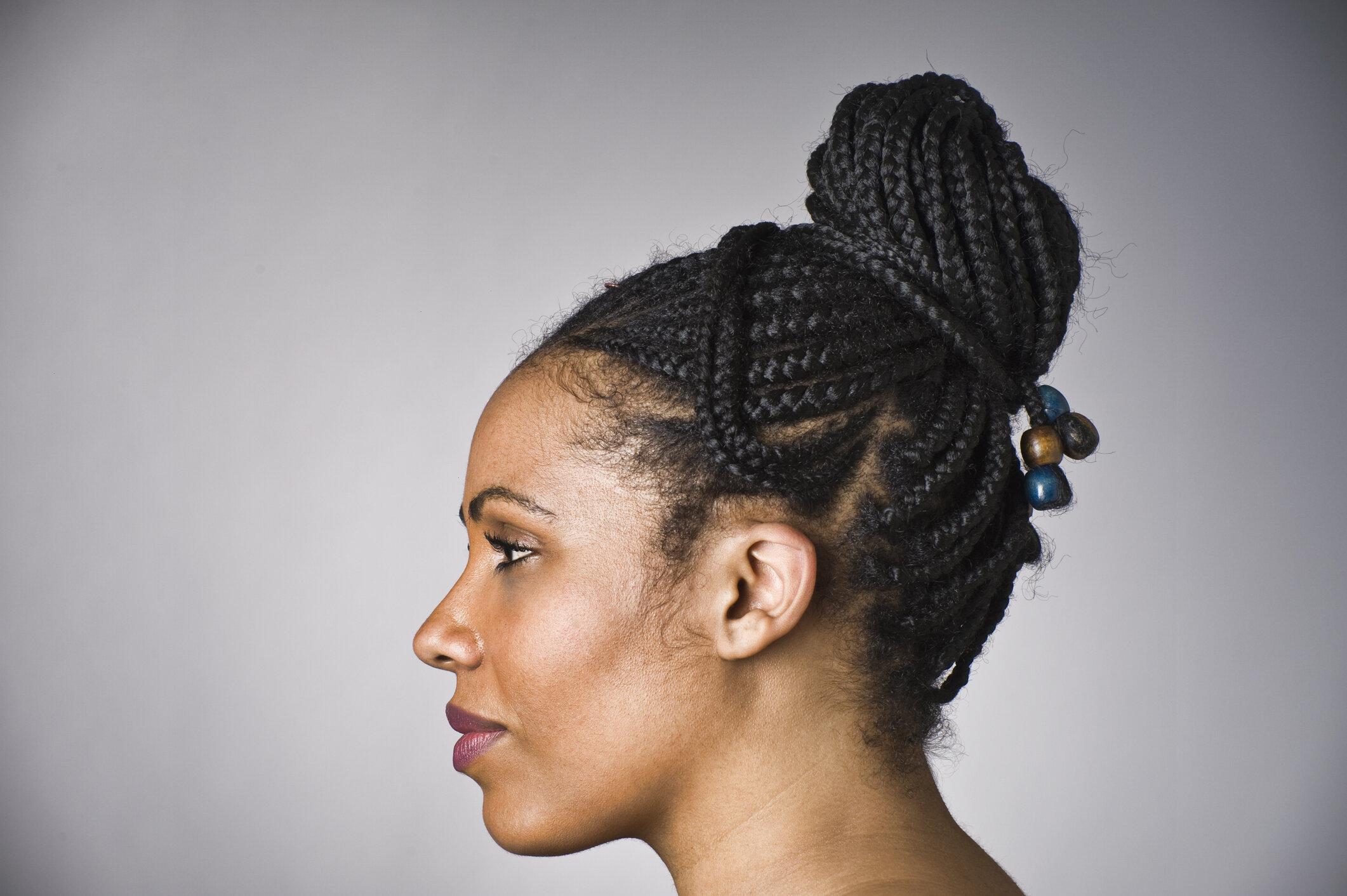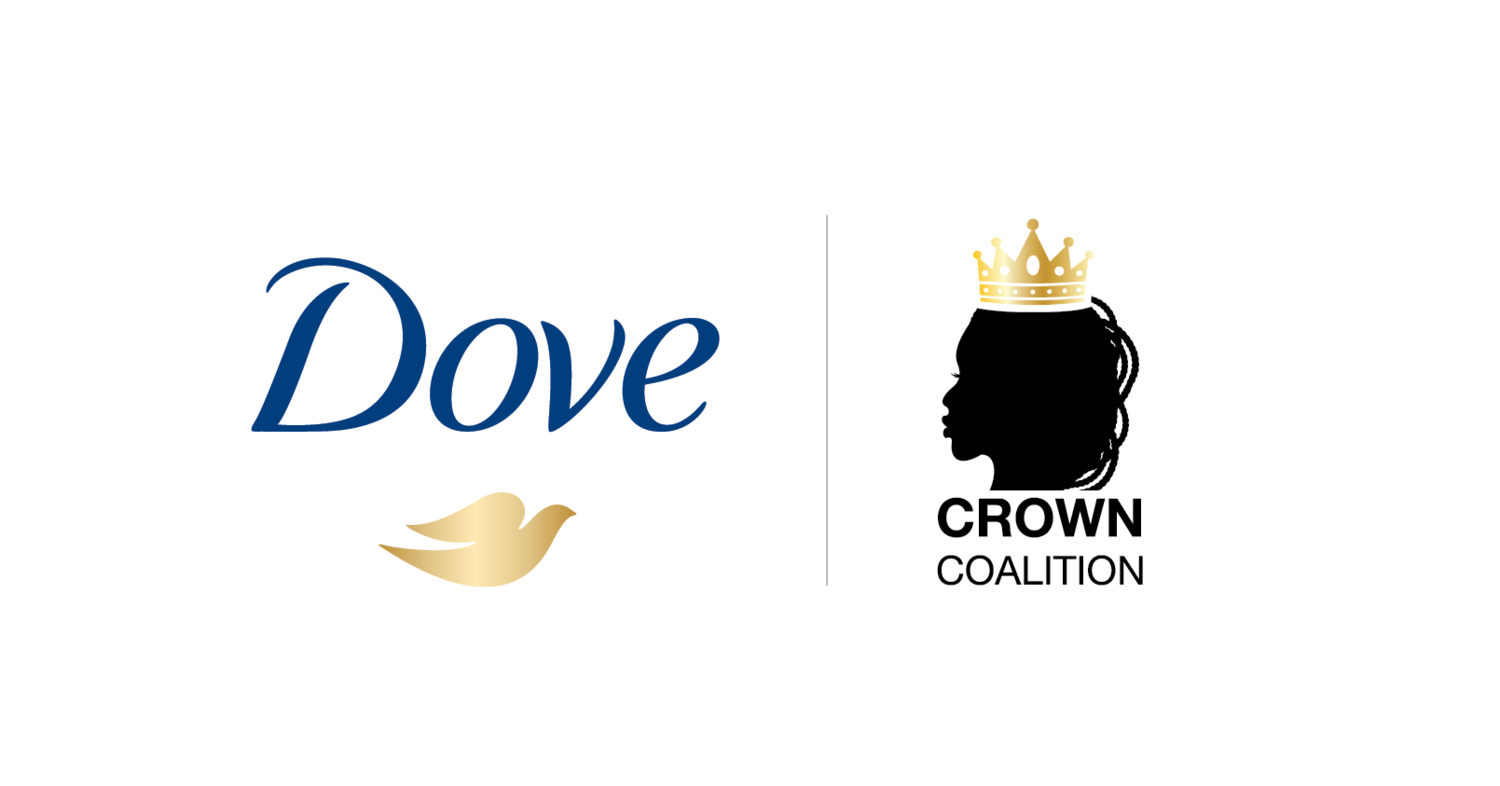
CROWN Act Research Studies
Hair Discrimination Research: Dove CROWN Studies
Our CROWN Research Studies reveal that racial discrimination based on hairstyles can start as early as five years old – and last a lifetime. It’s time to do everything in our power to confront this.
2023 CROWN Workplace Research Study
While progress has been made, race-based hair discrimination remains a systemic problem in the workplace – from hiring practices to daily workplace interactions – disproportionately impacting Black women’s employment opportunities and professional advancement.
To bring awareness to this issue, Dove and LinkedIn co-commissioned the 2023 CROWN Workplace Research Study, detailing the systemic social and economic impact of hair bias and discrimination against Black women in the workplace in 2023, further proving the urgent need for change.
Together, Dove and LinkedIn have made a suite of free LinkedIn Learning Courses that support a more equitable work environment for all LinkedIn users, with a goal to educate 1 million hiring managers and workplace professionals by the end of 2023. Visit Dove.com/LinkedIn to learn more.
Our 2023 Workplace Research Study revealed that:
Black women’s hair is 2.5x more likely to be perceived as unprofessional.
Approximately 2/3 of Black women (66%) change their hair for a job interview. Among them, 41% changed their hair from curly to straight.
Black women are 54% more likely (or over 1.5x more likely) to feel like they have to wear their hair straight to a job interview to be successful.
Black women with coily/textured hair are 2x as likely to experience microaggressions in the workplace than Black women with straighter hair.
Over 20% of Black women 25-34 have been sent home from work because of their hair.
Nearly half (44%) of Black women under age 34 feel pressured to have a headshot with straight hair.
25% of Black women believe they have been denied a job interview because of their hair, which is even higher for women under 34 (1/3).
2021 Dove CROWN Research Study for Girls
Learning how to be confident is an essential part of growing up. But early experiences of hair discrimination can have a negative impact on building self-esteem. From formal school policies that ban hairstyles inherent to Black culture to microaggressions from teachers and classmates, Black children are unfairly targeted every day.
This harmful discrimination can last throughout a person’s lifetime, both in terms of experiencing discrimination and the long-term effects it can have on confidence and self-esteem. We need to stand together to tackle the root of the problem. It’s our responsibility to come together and do everything we can to create a safe, respectful, and open school environment – free from discrimination.
Our 2021 CROWN Research Study for Girls shows that:
53% of Black mothers say their daughters have experienced racial discrimination based on hairstyles as early as five years old
66% of Black children in majority-white schools have faced race-based hair discrimination
86% of those children have experienced it by the age of 12
90% of Black children stating that their hair is beautiful, 81% of Black children in majority-white schools say they sometimes wish their hair was straight
100% of Black elementary school girls in majority-white schools (who report experiencing hair discrimination) experienced discrimination by the age of 10
The 2019 CROWN Research Study for Women
No one should be denied opportunities or be unfairly targeted because of their natural hair texture or protective styles. Yet, for many Black adults, racial discrimination based on hairstyles is still a part of day-to-day life. This is something we can’t ignore. Our 2019 CROWN Research Study found that workplace bias against hairstyles unfairly targets Black women and impacts their ability to celebrate their natural beauty. Black women are:
1.5x more likely to be sent home from work because of their hair
3.5% more likely to be perceived as ‘unprofessional’ because of their hair
30% more likely to be made aware of a formal workplace appearance policy
80% more likely to change their natural hair to meet social norms or expectations at work
83% more likely to report being judged more harshly on their looks than other women
Racial discrimination against hairstyles has a real, measurable social and economic impact on Black women. This needs to change.
Our 2019 Research Study for Women found that Black women are:
1.5x more likely to be sent home from work because of their hair
3.5% more likely to be perceived as ‘unprofessional’ because of their hair
30% more likely to be made aware of a formal workplace appearance policy
80% more likely to change their natural hair to meet social norms or expectations at work
83% more likely to report being judged more harshly on their looks than other women
Racial discrimination against hairstyles has a real, measurable social and economic impact on Black women. This needs to change.



